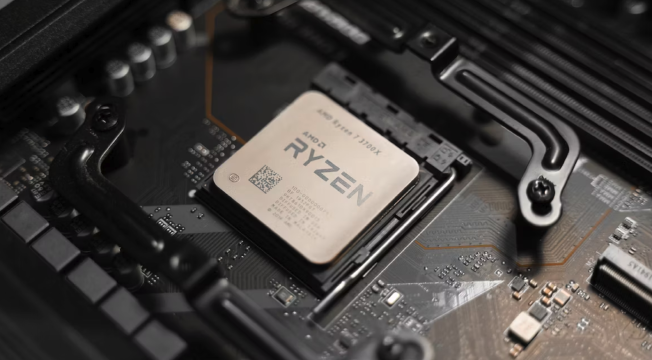Excerpt§
RIPEMD-160 offers stronger security than MD5 and SHA-1 but at the cost of reduced speed. Its collision resistance makes RIPEMD-160 suitable for high-value applications like cryptocurrencies where conservative security is priority.
Introduction§
In the digital era, securing sensitive data is crucial. Cryptographic hash functions play a vital role in data security and integrity.
This article will compare three widely used hash functions - MD5, SHA-1 and RIPEMD-160. Understanding their differences allows proper selection for specific use cases.
What is MD5?§
MD5 (Message Digest Algorithm 5) is a hash function published in 1992 producing a 128-bit hash value.
Key properties of MD5:
- Fast computation compared to SHA-1
- Prone to collision attacks
- Deprecated for most cryptographic uses
MD5 is still sometimes used for:
- Basic data integrity checking
- Non-security related checksums
- Fingerprinting large data
But MD5 is considered cryptographically broken and unsuitable for secure applications.
What is SHA-1?§
SHA-1 (Secure Hash Algorithm 1) was designed by the NSA and produces a 160-bit hash.
Key properties and uses of SHA-1:
- Provides more security than MD5
- Still widely used despite vulnerabilities
- Used for version control, digitally signing documents etc.
Research has found weaknesses in SHA-1 making collisions possible. So migration to stronger algorithms is recommended.
What is RIPEMD-160?§
RIPEMD-160 was published in 1996 as an improved, more secure alternative to 128-bit hashes like MD5.
Key properties and advantages of RIPEMD-160:
- Digest size of 160 bits
- Provides greater security against collisions
- Open-source design without NSA involvement
- Used in cryptocurrencies like Bitcoin and Ethereum
RIPEMD-160 was designed conservatively for strong security guarantees.
Comparison of the Hash Functions§
Here is how MD5, SHA-1 and RIPEMD-160 compare for some key metrics:
Speed:
- MD5 is the fastest
- SHA-1 is moderately fast
- RIPEMD-160 is the slowest
Collision resistance:
- MD5 is completely broken
- SHA-1 has demonstrated weaknesses
- RIPEMD-160 has no known collisions
Security level:
- MD5 is considered cryptographically broken
- SHA-1 provides minimum security with some risks
- RIPEMD-160 offers conservative and solid security margins
So in summary:
- MD5 offers speed at the expense of security
- SHA-1 balances moderate speed and security
- RIPEMD-160 prioritizes strong security over speed
Conclusion§
The optimal hash function depends on specific requirements. MD5 is suitable only for non-critical uses where security is unimportant. SHA-1 offers baseline security but collisions are a concern.
RIPEMD-160 provides conservative design margins at the cost of reduced speed. For high value data like cryptocurrency wallets, RIPEMD-160’s slower speeds are an acceptable trade-off for its robust security guarantees.
Understanding the differences between hash functions allows intelligent selection. Newer algorithms like SHA-3 now exist, but RIPEMD-160 remains a solid option for secure applications requiring long-term collision resistance.















